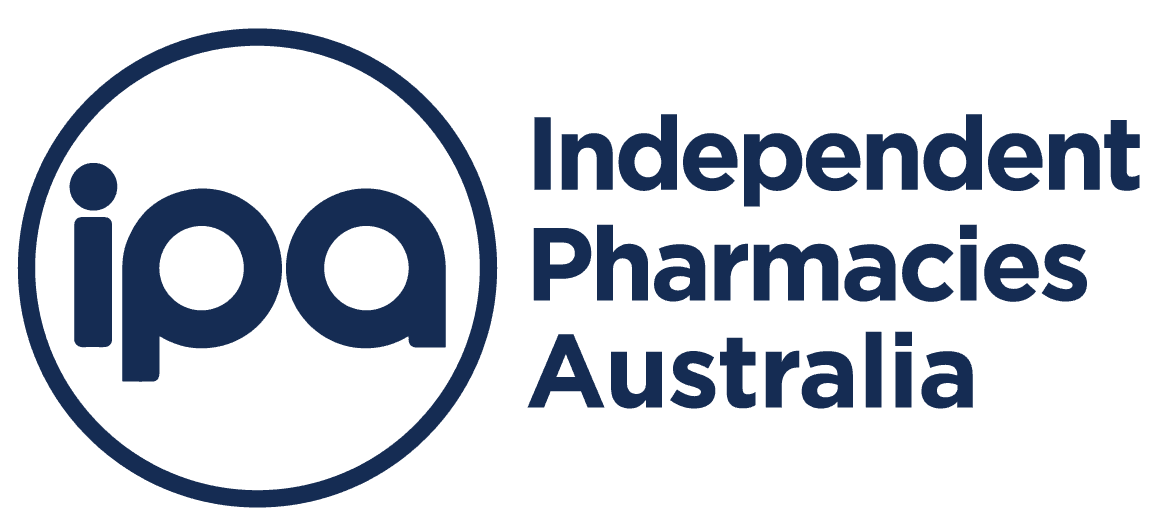The pandemic may be over, but the COVID-19 virus is still circulating in our communities.Coronavirus (COVID-19) is a respiratory viral disease caused by SARS-CoV-2.
The virus can spread from person to person by close contact with infectious person, contact with respiratory droplets from coughing or sneezing, and touching objects or surfaces that have droplets from infected person and then touching your mouth or nose.
Most people infected by COVID-19 recover without requiring special treatment however some people can become seriously ill and require medical attention.
Vaccinations, appropriate hygiene practices, and mask-wearing are some of the best ways to prevent and slow down transmission.

For more information visit:
• World Health Organisation
• ATAGI Covid-19 Disease and Symptoms
COVID-19 Vaccines
Vaccines stimulate the body’s natural defences to strengthen the immune system response to a condition or illness. Vaccines use inactivated or severely weakened pathogens such as viruses or bacteria to trick the immune system
into producing antibodies. After receiving a viral vaccine, the body’s immune system recognises and remembers the virus. If you should be exposed to the virus later, your immune system can fight off an infection more effectively because it has already produced antibodies to the virus.
Vaccinations are an easy, safe and effective way of protecting your community and yourself against harmful diseases like COVID-19.
COVID-19 Vaccine Eligibility
Adults aged ≥18 years without severe immunocompromise who have not previously received a COVID-19 vaccine are recommended a single primary dose.
All adults aged ≥75 years are recommended further doses of COVID-19 vaccine every 6 months.
Adults aged 65–74 years without severe immunocompromise are recommended further doses of COVID-19 vaccine every 12 months and can consider further doses every 6 months based on a risk–benefit assessment.
Adults aged 18–64 years without severe immunocompromise can consider further doses every 12 months based on a risk–benefit assessment, such as the presence of other medical conditions that may increase the risk of severe COVID-19.
People, including infants and children, with severe immunocompromise and/or other health conditions should consult their Doctor or Pharmacist to check the current recommendations for their particular circumstances.
The COVID-19 vaccine is free. All COVID-19 vaccines available in Australia have been approved by the Therapeutic Goods Administration (TGA), meaning they have met rigorous standards for safety, quality, and efficacy.
Reference:
• https://www.health.gov.au/our-work/covid-19-vaccines
What are the benefits of COVID-19 Boosters?
The booster dose will increase your protection against infection with the virus and prevent severe illness if you should catch the virus.
What are the potential side effects after receiving a COVID-19 vaccine?
The following are common, generally mild, adverse effects:
• site pain
• fatigue
• headache
• muscle pain and chills
If you experience severe or unusual symptoms, or symptoms that last for more than a few days consult your Doctor or Pharmacist.
Preparing for Your Vaccination
COVID-19 vaccinations are voluntary and free.
Before your vaccination appointment, you should make sure your details are up to date with Medicare.
If you don’t have your account set up, you can:
• enrol in Medicare, if you’re not already enrolled
• set up your Medicare online account if you’re enrolled in Medicare, but don’t have Medicare linked to myGov or
• get an Individual Health Identifier (IHI), if you’re not eligible for Medicare
Please contact your Pharmacy before your appointment and let them know if:
• you are feeling unwell with fever, cough, runny nose or other symptoms that could be from COVID-19
• you have tested positive for COVID-19
• you are a close contact of someone with COVID-19.
• you have had another vaccine in the 7 days before your COVID-19 vaccine appointment.
If you cannot make it to your vaccination appointment, please contact your local IPA Pharmacy as soon as possible to arrange a new appointment.
COVID-19 Vaccines Q&A
For information including Covid-19 Vaccines explained, Covid-19 questions answered, advice on getting vaccinated and more, please visit the following pages:
• World Health Organisation
• Australian Government Department of Health and Aged Care
COVID-19 Rapid Antigen Tests
Rapid antigen tests are quick and easy to use, and can be done at home by yourself. Most will provide you with a result in 10 to 15 minutes. It detects the protein (antigen) that the COVID-19 virus generates, which is consistent across all the different strains and variants.It is recommended for use within the first 7 days of symptom onset when the viral load is at its highest.
Please follow the instructions in your kit, as the instructions may differ slightly from one test to another.
What to do if you test positive?
Anyone diagnosed with COVID-19 can pass the virus onto others, staying at home protects the people in your community.
If you test positive, you should not visit high-risk settings like hospitals and aged and disability care settings:
• for at least 7 days or until symptoms have gone
• unless seeking immediate medical care.
To help protect those around you, we recommend:
• avoiding contact with people who are at higher risk of severe disease
• wearing a mask outside the home
• working from home where possible
• avoiding going to school, public areas, or travel on public transport, in
taxis or ride-share services
• practicing good hygiene.
If you have any appointments you cannot miss (such as a visit to a doctor, family violence service or police), let them know in advance that you have COVID-19.
What to do if you test negative?
If you test negative, monitor your symptoms and consider re-testing in 24 or 48 hours



